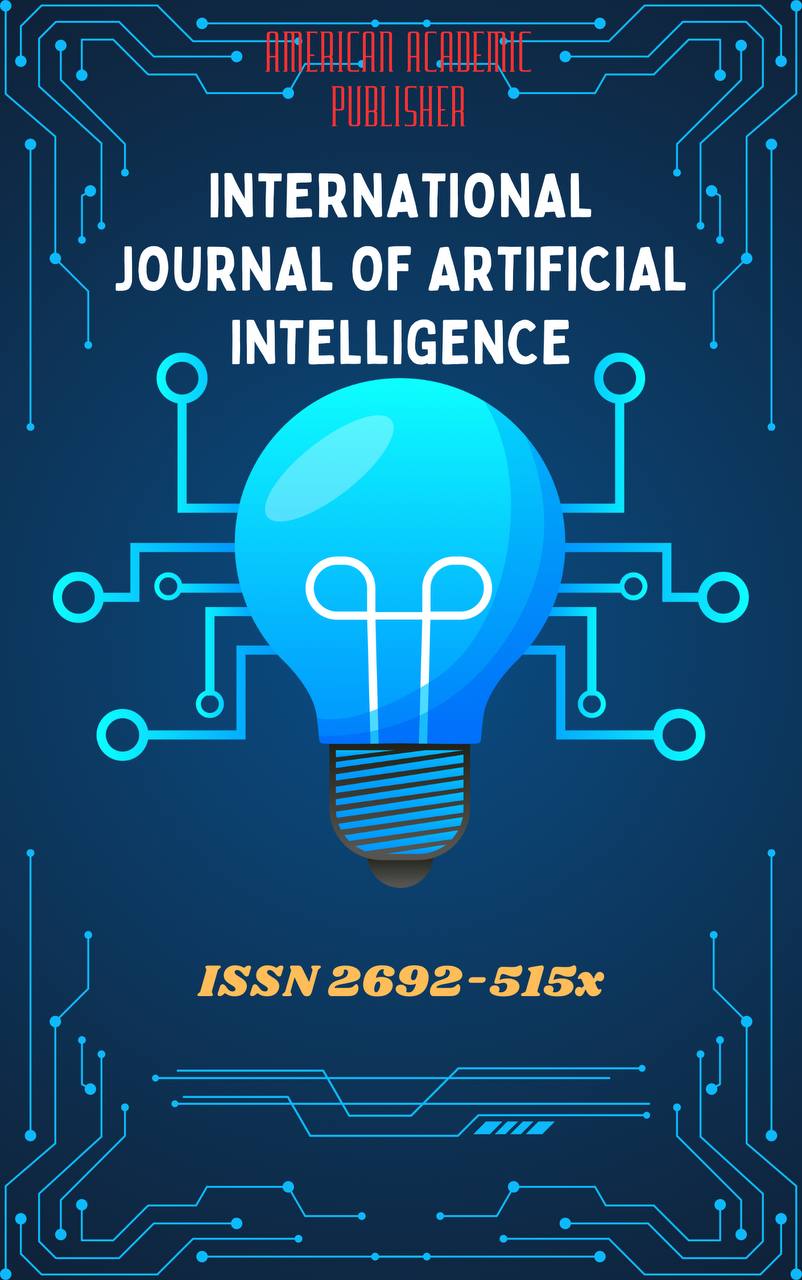 Articles
| Open Access |
Articles
| Open Access | THE ISSUE OF DEVELOPING DIGITAL COMPETENCIES IN THE TRAINING OF FUTURE TEACHERS
O‘roqova Sharofat Bahodir kizi , Senior Lecturer, Department of Information Technology, Nizami Tashkent State Pedagogical UniversityAbstract
In today's digital economy, modernizing the education system and training professionals with digital competencies is a crucial task. Digital education utilizes advanced technologies to establish a personalized learning process. Digital didactics focuses on developing teaching methods and technologies based on modern requirements.Furthermore, shaping teachers' digital competencies is a significant direction in the education system, integrating information and communication technologies and interactive teaching methods. The digital learning environment enhances students' independent thinking and information analysis skills. This process helps adapt to labor market demands and contributes to increasing the competitiveness of the national economy.
Keywords
Digital economy, digital education, digital didactics, digital competence, education system, innovative technologies, information and communication technologies, interactive learning, independent learning, labor market, professional competencies, modern pedagogy.
References
Abduraxmanova, S. A. (2022). Individualization of professional education process on the basis of digital technologies. World Bulletin of Social Sciences, 8, 65-67.
Abduxakimovna, A. S. (2021). Use of multimedia technologies in the development of intellectual skills of students of pedagogical higher education institutions. European Journal of Molecular and Clinical Medicine, 8(1), 1483-1488.
Mamarajabov O.E. Benefits of Using Information Technology in the Education System //Vocational Education. Tashkent, 2019. No.1. P. 55-59
Elmurzaevich, M. A. (2022, February). Use of cloud technologies in education. In Conference Zone (pp. 191-192).
Ilich, M. E. (2022, February). Problems of professional development of future teachers in the field of informatics. In Conference Zone (pp. 193-194).
Ilyich, M. E. (2023, November). Aspects of improving the education system in technological universities. In E Conference World (No. 2, pp. 128-137).
Kadirbergenovna, B. L. (2023, November). Methodology for organizing the process of distance education and its teaching. In E Conference World (No. 2, pp. 160-164).
Kadirbergenovna, B. L. (2022, April). The role and importance of massive open online courses in increasing educational efficiency. In Conference Zone (pp. 79-83).
Urokova Sharofat. (2023). Digitalization of education at the present stage of development. World Bulletin of Management and Law, 23, 60-63. Retrieved from https://scholarexpress.net/index.php/wbml/article/view/2873
Sharofat, O. R. (2023, May). Electronic learning resources and requirements for their creation. In International Scientific and Practical Conference on Algorithms and Current Problems of Programming.
Qizi, U. S. B. (2021). Digitization Of Education At The Present Stage Of Modern Development Of Information Society. The American Journal of Social Science and Education Innovations, 3(05), 95-103.
Bakiyeva, Z. R. (2023, May). Theoretical principles of teaching computer animation to students in an electronic learning environment. In Proceedings of International Conference on Modern Science and Scientific Studies (Vol. 2, No. 5, pp. 5-8).
Bakiyeva, ZR (2023 yil, may). Elektron ta’lim muhitida talabalarga kompyuter animatsiyasini o‘qitishning nazariy prinsiplari. Zamonaviy fan va ilmiy tadqiqotlar bo‘yicha xalqaro konferensiya materiallarida ( 2-jild, 5-son, 5-8-betlar).
Article Statistics
Downloads
Copyright License

This work is licensed under a Creative Commons Attribution 4.0 International License.

